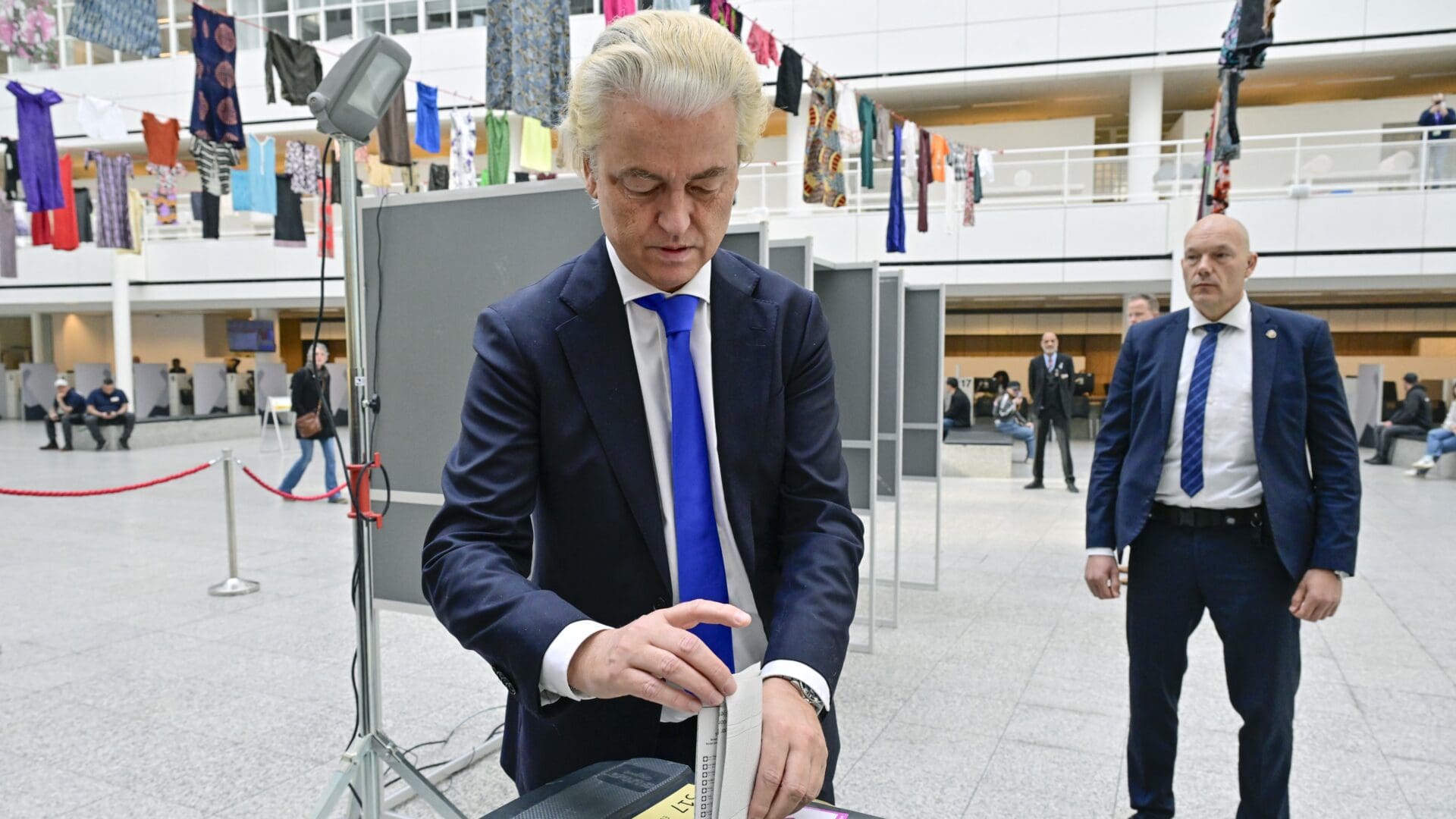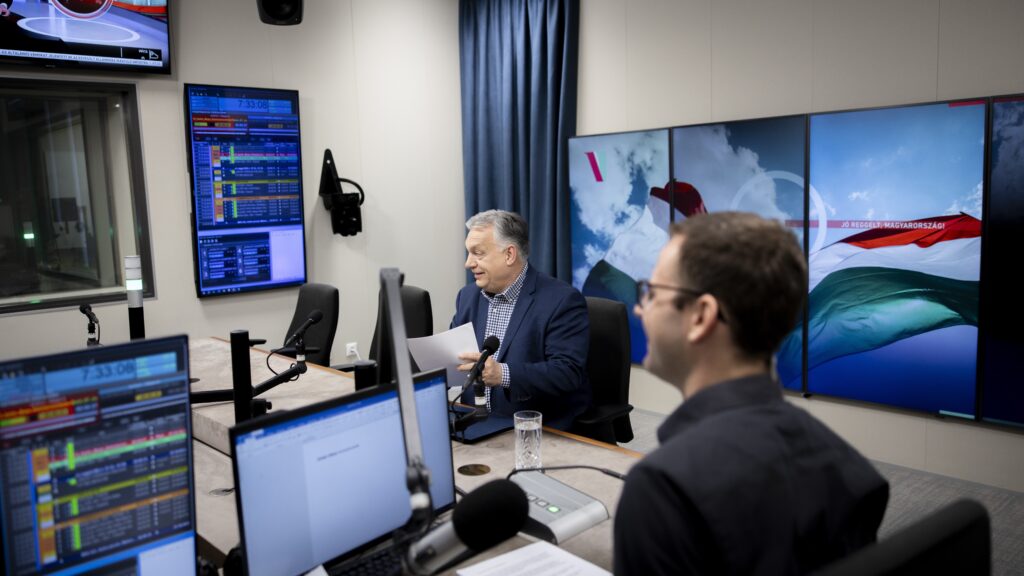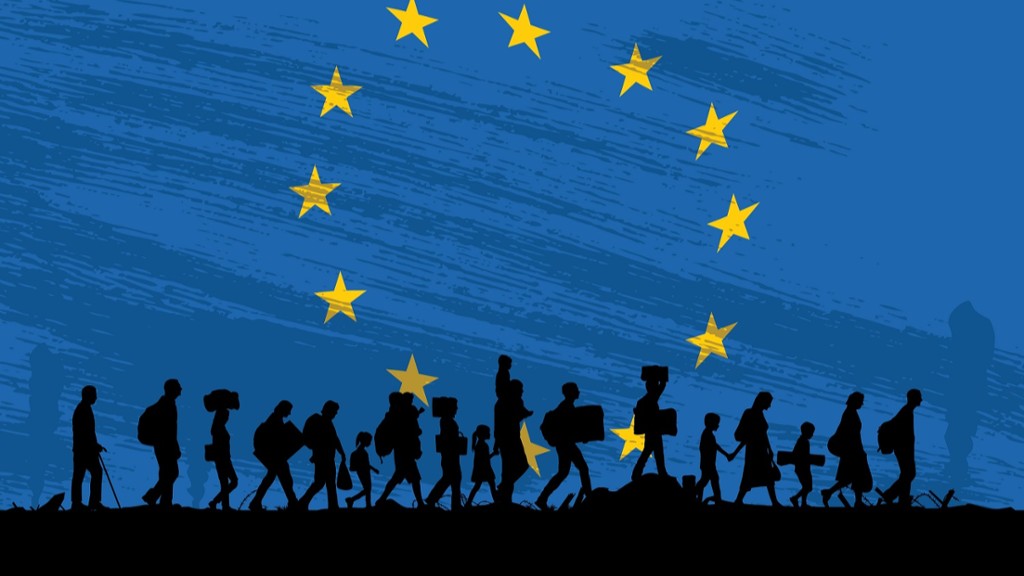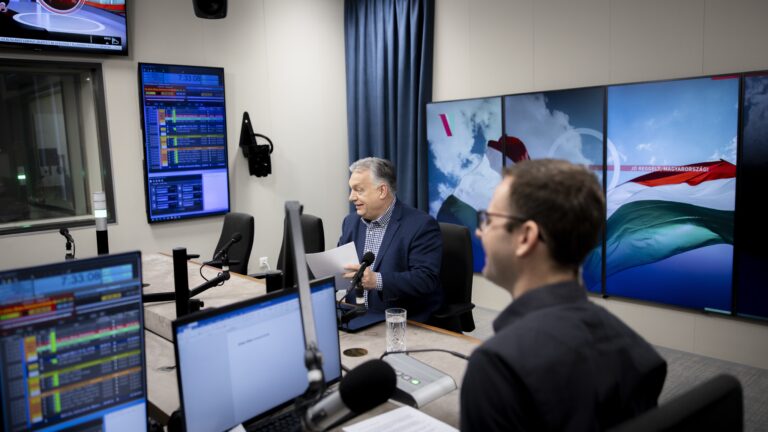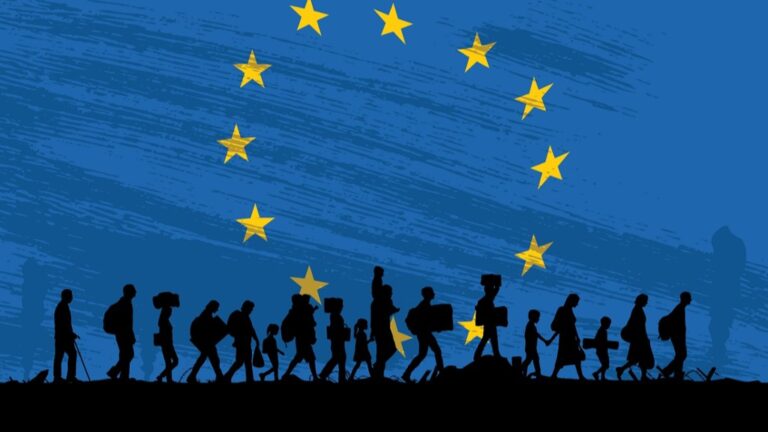On 6 June the first vote in this year’s European Parliament elections was held in the Netherlands, and it was not without excitement. The exit polls indicated a clear victory, in terms of the number of seats, for the Party for Freedom (PVV), the winner of last year’s general election. They managed to increase their number of EP seats significantly compared to the previous EP election, although they slightly lagged behind the coalition of the Labour Party and the Greens.
‘We are by far the biggest winner this evening,’ PVV leader Geert Wilders told journalists after the exit polls were released. According to Ipsos I&O, with 17.7 per cent of the vote,
PVV will be able to send seven MEPs to the new European Parliament,
exactly six more than they have had so far. The Green-Labour alliance (GL/PvdA) came in first with 21.6 per cent, but will win one fewer seats (8) than five years ago (9). PVV’s two coalition partners, New Social Contract (NSC) and BoerBurgerBeweging (BBB), both in their first European contest, also made it into the EP, with 2 and 1 MEPs respectively. The Netherlands elects 31 MEPs to the EP.
Netherlands, European Parliament election today:
— Europe Elects (@EuropeElects) June 6, 2024
9.30 PM CEST Ipsos-I&O exit poll
GL/PvdA-G/EFA|S&D: 21.6%
PVV-ID: 17.7%
VVD-RE: 11.6%
CDA-EPP: 9.7%
D66-RE: 8.1%
BBB→EPP: 5.3%
Volt-G/EFA: 4.9%
PvdD-LEFT: 4.4%
NSC→EPP: 3.8%
SGP-ECR: 3.4%
CU-EPP: 2.7%
FvD-NI: 2.5%
SP~LEFT: 2.0%… pic.twitter.com/RrLMH06Lfi
It is important to note that, at the moment, only the exit poll results are known; the official results will be announced on 9 June. Wilders expressed his hope that the final result will favour the PVV and that they will come in first.
Turnout in the Dutch elections was the highest since 1989, at 47 per cent, which is an increase of five percentage points from five years ago.
Wilders’ party, by the way, was measured by POLITICO’s Poll of Polls as much stronger on the day before the election, giving it a 30 per cent support. Although they underperformed compared to these expectations, the significant increase in terms of seat numbers is undoubtedly a success and bodes well for other right-wing parties across Europe.
The PVV is part of the Identity and Democracy (ID) political group,
which, until the end of May, was predicted to be the third-largest group in the new European Parliament. However, ID has since excluded the German Alternative for Germany (AfD) party from its ranks due to scandals and unacceptable statements surrounding them. As a result, ID is now the fifth-largest political group with an estimated 67 seats, closely following the centrist-liberal Renew group with 75 seats, and the European Conservatives and Reformists (ECR), who are predicted to win 76 seats.
After lengthy coalition negotiations, the PVV was able to form a government in mid-May, with their programme promising the ‘strictest asylum policy ever.’
Geert Wilders, who is a long-time friend of Hungarian Prime Minister Viktor Orbán, has strong ties to Hungary. After the 2023 November elections, Orbán congratulated him on X, tweeting: ‘The winds of change are here! Congratulations to @geertwilderspvv on winning the Dutch elections!’ Wilders, who has visited Hungary several times, is also married to a woman of Hungarian descent.
Wilders last visited Hungary at the end of April to speak at CPAC Hungary. During his speech, he expressed a desire to see more European leaders adopt migration policies similar to those of the Hungarian government. During his visit, Wilders also held bilateral talks with Viktor Orbán, with discussions centred on border protection and combating illegal migration.
Read more on the European elections:

